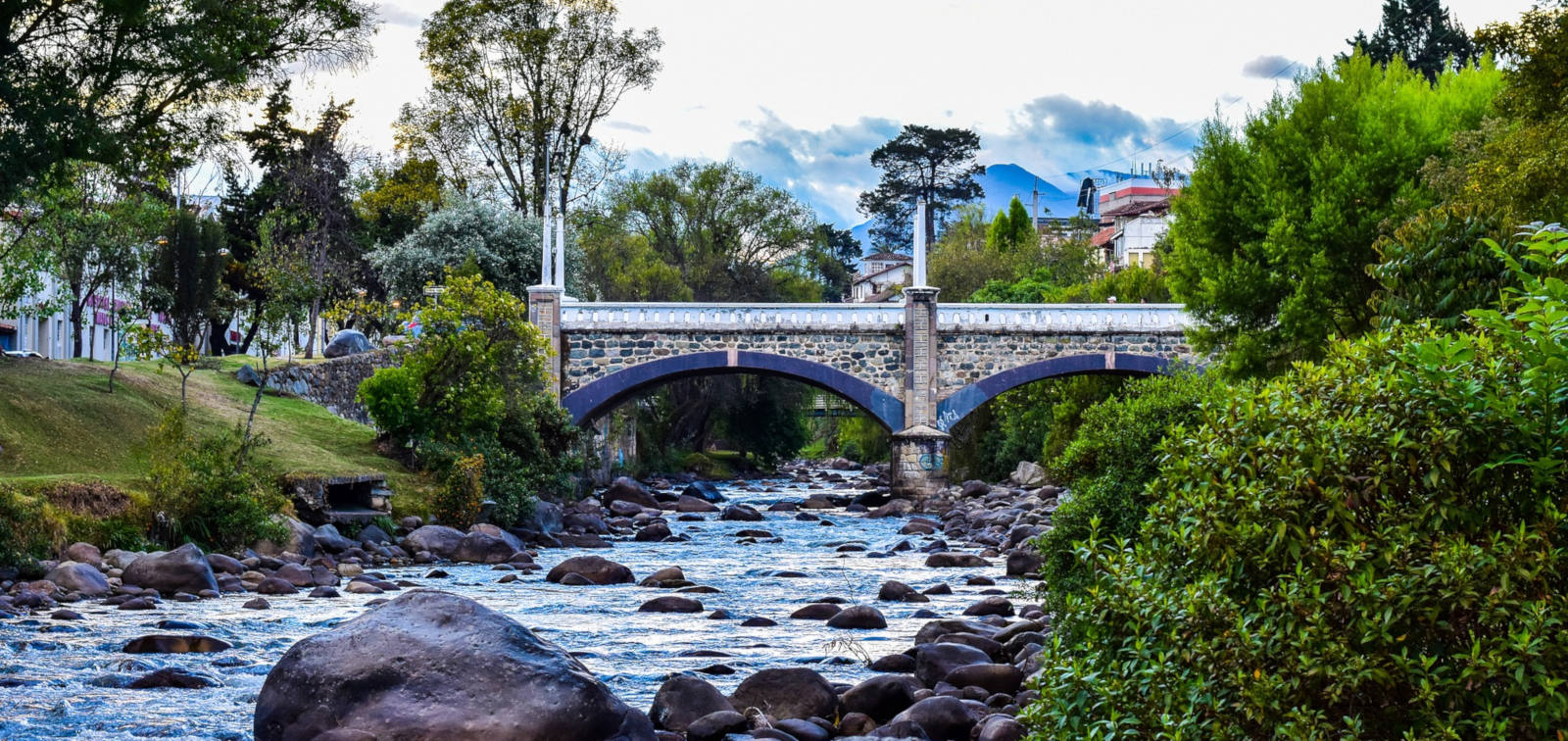The RECETAS Project Will Test Whether Nature-Based Social Prescribing Can Reduce Loneliness and Promote Mental Wellbeing in Cities
13 organizations participate in this H2020 project coordinated by ISGlobal
28.04.2021
Can the prescription of social activities in natural spaces reduce feelings of loneliness and improve quality of life in urban contexts? The RECETAS (Re-imagining Environments for Connection and Engagement: Testing Actions for Social Prescribing in Natural Spaces) project aims to provide answers. This research and innovation project will be carried out by a consortium of 13 institutions from 9 different countries and coordinated by the Barcelona Institute for Global Health (ISGlobal), an organization supported by the ”la Caixa” Foundation.
Social prescribing consists of care professionals and lonely people identifying community activities that can improve their health and wellbeing. RECETAS will evaluate how the social prescription of urban nature-based activities can improve the loneliness experienced by many city dwellers.
In Europe alone, and before the COVID-19 pandemic, more than 75 million adults indicated that they met with family or friends a maximum of once a month, and 30 million felt frequently lonely. Evidence has shown that loneliness shortens our productive lifespan and can be as dangerous to health as smoking or being overweight. The good news is that loneliness is modifiable.
In cities, nearby nature can provide therapeutic benefits and promote social interaction. Investments in nature-based solutions and green infrastructure , intended to mitigate rapid urbanization and its negative environmental consequences in cities, can also be used to improve health and wellbeing, including in emergency contexts such as the confinements related to COVID-19 pandemic.
One of the key ingredients of the RECETAS project is its interdisciplinary approach, bringing together professionals from different fields including: public health, psychology, clinical medicine, engineering, economics, business, and law , among others. The project, which began in March 2021, and will last5 years, is financed by a 5 million euro grant from the European Union through its Horizon 2020 programme.
To achieve its objectives, RECETAS will carry out three observational studies and three randomised controlled trials in six cities worldwide: Barcelona, Marseille, Prague, Helsinki, Cuenca (Ecuador) and Melbourne. These studies will make important contributions to the small, but growing body of evidence around the potential for nature-based social interventions to help create health and wellbeing. At the same time, these solutions aim to reduce pressure on already stressed medical systems.
“We will use participatory processes to involve the public and other stakeholders in the intervention design,” explains Jill Litt, ISGlobal researcher and Project Director. “The project includes novel methodologies such as social network analysis, economic feasibility studies, and randomized trials and the commercialization of outputs for the replication and amplification of impacts for the longer-term. The goal is for RECETAS not only to contribute to the scientific evidence, but to offer healthcare providers, care professionals, social service organizations and communities sensible solutions to address loneliness in a cost-effective way”, she adds.
The 13 participating organizations are: Agence des Villes et Territoires durables en Mediterranée (AViTeM, France), Agència de Salut Pública de Catalunya (ASPCAT, Spain), Aketh Investments Services (AIS, Spain), Assistance Publique Hôpitaux de Marseille (AP-HM, France), Barcelona Institute for Global Health (ISGlobal, Spain), Charles University (CU, Czech Republic), Fundació Salut i Envelliment UAB (FSIE-UAB, España), Private University for Health Sciences, Medical Informatics and Technology (UMIT, Austria), RMIT University (Australia), University of Cuenca (UC, Ecuador), University of Helsinki (UH, Finland), University of the West of England (UWE, UK), Visible Network Labs (VNL, USA).



